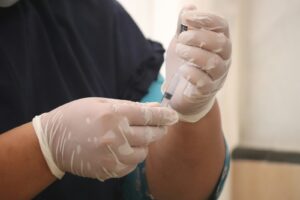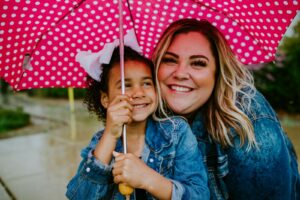New guidance for households with possible coronavirus infection
Public Health England and the Department of Health and Social Care (DHSC) have released new guidance asking family members to stay at home for 14 days if someone in their household has symptoms of COVID-19.
Individuals will still be asked to self-isolate for seven days from the onset of coronavirus symptoms, but all members of the household will now be asked to self-isolate for 14 days from that moment as well.
A spokesman DHSC said if other members of a household develop symptoms, however mild, at any time during the 14 days, they must not leave the home for seven days from when symptoms started.
Government has taken the further measure of asking whole households to isolate because it is likely that people living with others will infect each other or be infected already. Staying at home for 14 days will greatly reduce the overall amount of infection the household could pass on to others in the community, the spokesman said.
The Prime Minister also set out a number of social distancing measures to reduce the risk of infection from the spread of coronavirus.
For those who remain well, are under 70 or do not have an underlying health condition, they are advised to limit their social contact where possible, including using less public transport, working at home and considering not going to pubs, restaurants, theatres and bars.
Those who are over 70, have an underlying health condition or are pregnant are strongly advised against these activities and should significantly limit face-to-face interaction with friends and family if possible.
A spokesman for DHSC said the most important thing individuals can do to protect themselves remains washing their hands more often, for at least 20 seconds, with soap and water. As well as coughing or sneezing into a tissue, putting it in a bin and washing hands.
The awareness campaign also reiterates the importance of seeking help online by visiting NHS.UK/coronavirus to check your symptoms and following the medical advice, rather than visiting a GP. It also urges people with any symptoms to avoid contact with older and more vulnerable people.
People should only use the NHS 111 service if symptoms become worse and, where possible, people should use the 111 service rather than calling. This will ensure the phone service is readily available to those who need it.
Health and Social Care secretary Matt Hancock said: ‘Coronavirus is the biggest public health crisis we have faced in a generation, and we will do whatever is necessary to protect our elderly and most vulnerable people and keep the public safe.
‘This is an unprecedented situation and it’s so important for each of us to rally together and do our bit to protect ourselves and each other, as well as our NHS, from this disease.
‘Washing hands regularly for 20 seconds or more remains the single most important thing each of us can do, but we now also need to ask everyone in a household to stay at home if anyone in their home shows symptoms.
‘Combating this virus will require a huge national effort. We must do all we can to save lives, protect the NHS and keep the most vulnerable people in our society safe.’
Photo Credit – Pixabay
















